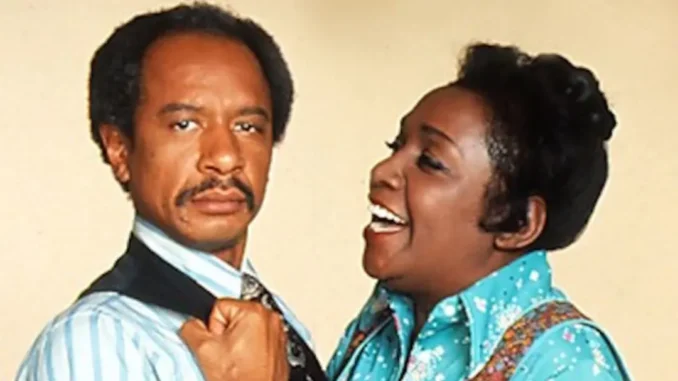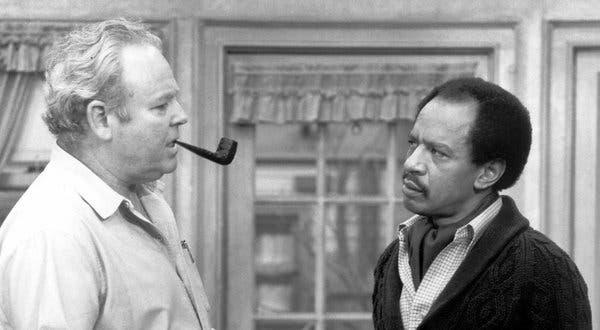
The Jeffersons’ Unique Perspective on the Experiences of Upwardly Mobile Black Americans

“The Jeffersons” was a groundbreaking sitcom that provided a unique perspective on the experiences of upwardly mobile African-American families, offering a refreshing counterpoint to the more common depictions of Black characters in television at the time.
Unlike many of its contemporaries, which often relegated Black characters to lower-income, working-class roles, “The Jeffersons” centered on the lives of the eponymous family, who had achieved a level of financial success and social status that defied the prevailing stereotypes. Led by the charismatic and unapologetically ambitious George Jefferson, the Jeffersons’ journey from a working-class neighborhood to a luxury high-rise apartment in Manhattan allowed the show to explore the nuances and complexities of Black middle-class and upper-middle-class life.
One of the show’s key strengths was its ability to tackle issues of race, class, and social mobility head-on, without shying away from the challenges and tensions that often accompany such profound change. The Jeffersons’ newfound wealth and social standing brought with it a host of new experiences, from navigating the racial dynamics of their predominantly white apartment building to grappling with the disconnect between their aspirations and the perceptions of their lower-income peers.
Through the Jeffersons’ eyes, viewers were exposed to a rarely seen portrayal of African-American success and the attendant social and psychological obstacles that came with it. The show’s creators, led by renowned producer Norman Lear, skillfully wove these themes into the fabric of the family’s daily lives, creating a nuanced and often humorous exploration of the Black middle-class experience.
Moreover, “The Jeffersons” challenged the traditional television landscape by featuring a predominantly Black cast, a rarity at the time, and by tackling issues of race, class, and identity with a level of honesty and complexity that was groundbreaking for its era. The show’s lasting impact and continued popularity are a testament to its ability to provide a refreshing and empowering perspective on the experiences of upwardly mobile African-Americans, paving the way for more diverse and authentic representations in the years to come.
